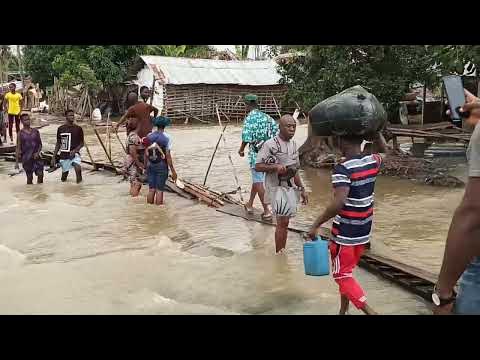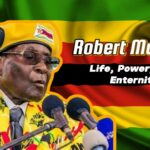Ogbaru, a cluster of communities along the coastal area east of the River Niger in Anambra State, Nigeria, faces an annual battle with devastating floods. Despite being the food basket of the state, Ogbaru’s lush farmlands, schools, churches, and residential houses are repeatedly washed away by floodwaters. Let’s explore the impact of this ecological challenge and the resilience of its people.
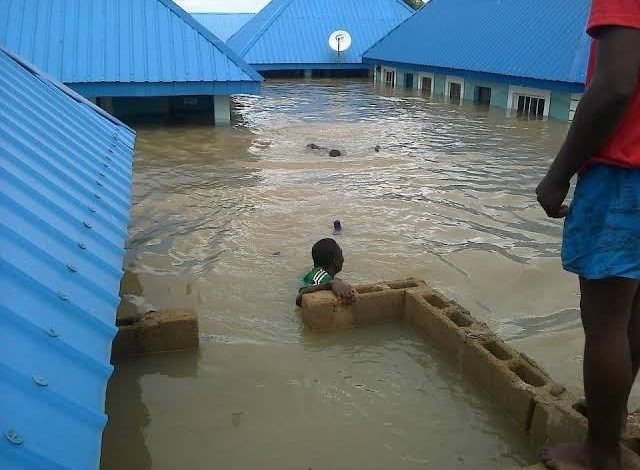
The Perennial Menace
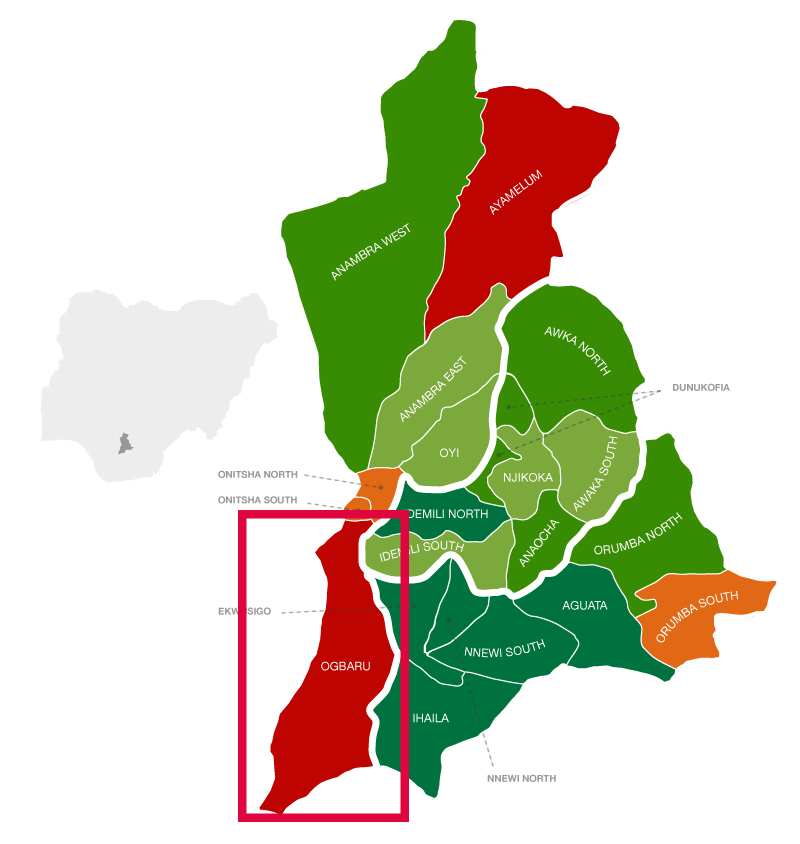
Ogbaru, a region in Anambra State, Nigeria, faces persistent challenges due to flooding, which has become a perennial menace. This area, encompassing 15 Indigenous communities such as:
- Odekpe
- Ohita
- Atani
- Akili Ozizor
- and Umunankwo
It is known for its agricultural productivity. Agriculture forms a substantial part of the local economy, with crops like yam, cassava, maize, and rice being prominent. Additionally, Ogbaru is home to eight active oil wells, aligning it with Nigeria’s oil-producing states.
The proximity of Ogbaru to the River Niger contributes significantly to its vulnerability to flooding, especially during times of river overflow. The annual flooding in Ogbaru is primarily attributed to several factors, including the presence of River Niger, the low-lying flat terrain of the area, and increasing human encroachment on floodplains. The flat landscape makes it easy for floodwaters to spread across the region, affecting both residential and agricultural areas.
The impact of floods on Ogbaru’s communities extends beyond property damage. For instance, the 2018 flood disaster resulted in significant pollution of the Agbo and Onuka Rivers, which serve as essential water sources for the local population. The pollution levels exceeded the World Health Organization standards, indicating a direct impact on public health and water quality. Moreover, the average depth of inundation during the 2018 flood incident in Ogbaru was measured at 110.3cm, highlighting the severity of the flooding that the area experiences.
Efforts to address the recurrent flooding in Ogbaru require a multifaceted approach. Recommendations have been made to mitigate flood hazards, such as implementing proper land-use planning, adjusting human settlements away from flood-prone areas, and utilizing floodplains for agricultural purposes. Such measures are essential for reducing the vulnerability of Ogbaru to flooding and improving the resilience of its communities in the face of this persistent challenge.
Recent Disasters
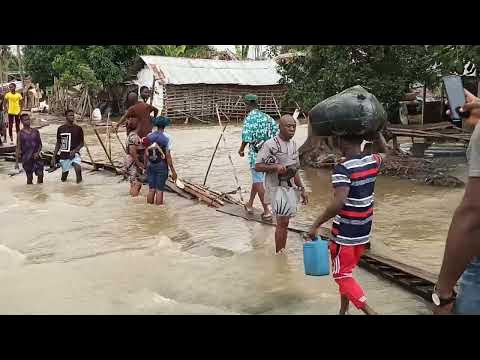
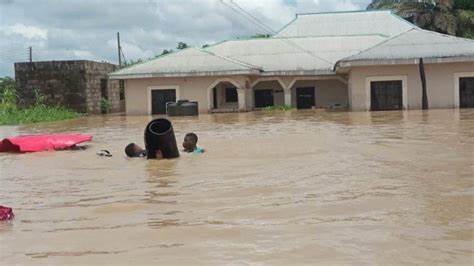
Recent disasters in Ogbaru, particularly the devastating floods, have profoundly impacted the community. The flood that struck the Ogbaru clan in 2022 not only led to significant losses but also cost the lives of 76 individuals in a tragic boat mishap as they attempted to flee the rising waters. This disaster caused the submerging of farmlands, residential buildings, schools, churches, and even health facilities, outlining the extensive reach of the calamity. Tragically, 76 lives were lost in a boat mishap as residents tried to escape the menacing flood1.
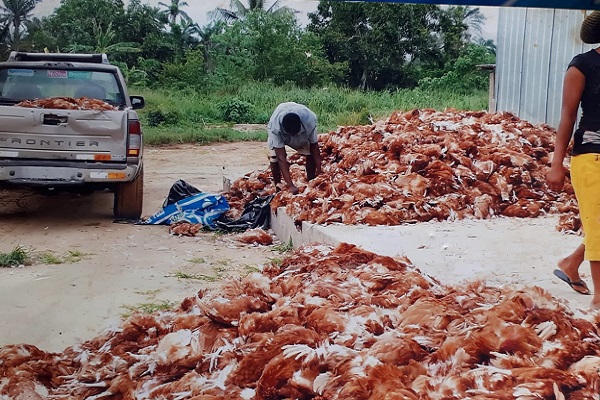
In Agbobo Umuoga Ossomala, Matucci Farms Limited, a massive automated farm, suffered immense losses due to the floodwaters. The farm lost a staggering 25,000 poultry birds, valued over N150 million, and the properties on the farm were ravaged. Additionally, over 400 workers were left unemployed as a consequence of this disaster, further emphasizing the economic toll it took on the community. Over 400 workers lost their jobs1.
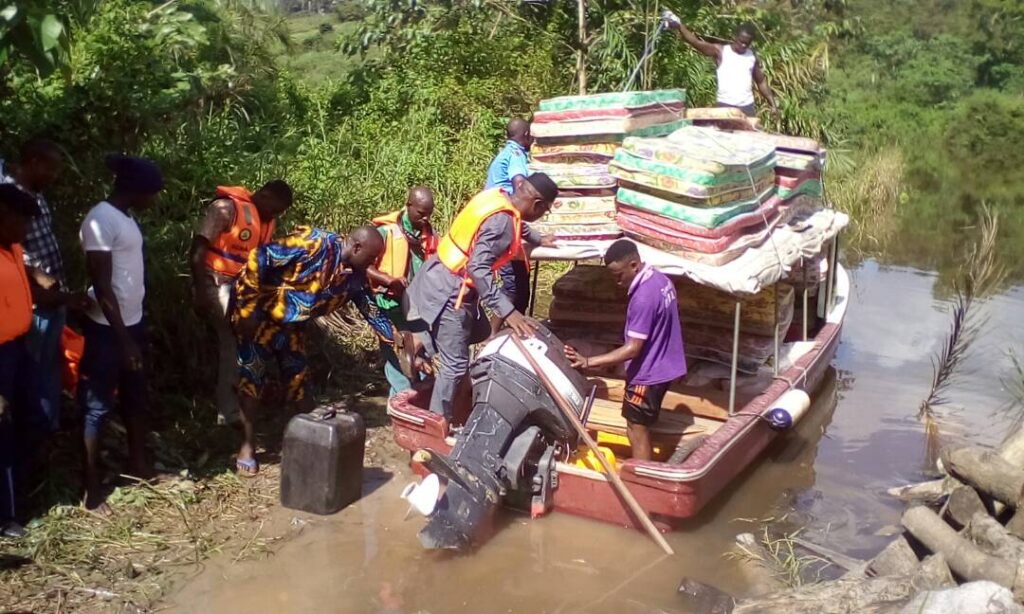

This flood disaster also resulted in the displacement of many residents in Anambra State, with numerous houses and critical infrastructure being submerged, including a Naval Post in Odekpe. The aftermath of the floods has left many residents displaced and struggling with challenges such as hunger, exposure to cold, and increased risks of mosquito-borne illnesses.
Furthermore, the flood’s impact extended to economic losses, where properties including farm crops and poultry farms worth millions of naira were destroyed, causing significant financial hardship in the affected areas.
Moreover, the community of Agbobo Umuoga Ossomala highlighted the urgent need for assistance from both the Federal Government and the Anambra State Government to address the road infrastructure issues severely affected by flooding and neglect. The collapse of critical bridges and roadways due to flooding, notably the Ossomala bridge at Umunnakwo community, has further compounded the challenges faced by residents in these areas.
Government Response
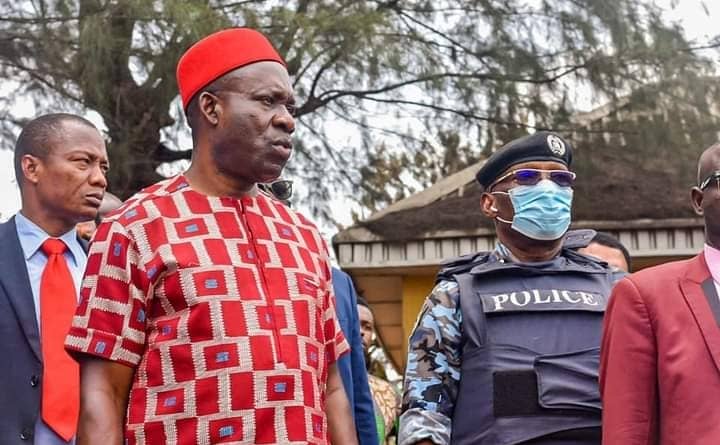
While some IDP camps receive government aid, many victims feel neglected and are calling for more support. The state government has provided relief materials and medical care, but challenges remain.
Future Concerns
The disaster raises concerns about food insecurity and the need for better flood prevention measures. There are calls for national and international strategies to address the recurring floods and their devastating effects on communities.
Culture and Traditions
- Égwú Àmàlà: The Ogbaru people perform Égwú Àmàlà, a traditional music and dance form. This expressive art embodies their cultural identity and heritage2.
In Ogbaru, culture and traditions play a vital role in shaping the identity and heritage of the community. One example is the vibrant music and dance form known as Égwú Àmàlà, which is a significant part of Ogbaru’s cultural expression, reflecting their unique identity and traditional practices. This traditional art form serves as a means of storytelling, passing down historical narratives, and preserving the rich cultural heritage of the Ogbaru people.
- Gender Perspectives: In Igbo society, gender roles intersect with politics, religion, and the economy. Igbo women actively participate in these spheres, challenging traditional norms2.
Gender perspectives in Igbo society, including Ogbaru, are intricately intertwined with politics, religion, and the economy. Igbo women actively participate in various spheres within the community, challenging traditional gender norms and contributing significantly to the social, cultural, and economic fabric of Ogbaru. Their involvement demonstrates the dynamic nature of gender roles and the evolving social landscape within the community.
- Festivals: Ogbaru celebrates vibrant festivals, including the Ogbaru Boat Regatta Festival. These events showcase their cultural vibrancy and resilience.
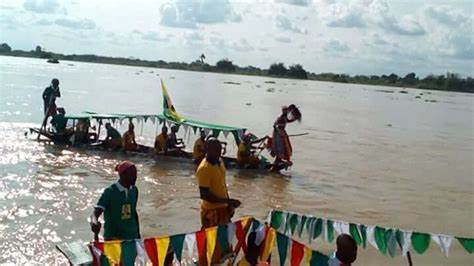
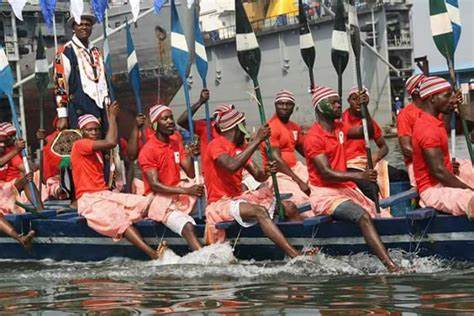
Ogbaru celebrates vibrant festivals that showcase the cultural vibrancy and resilience of the community. The Ogbaru Boat Regatta Festival is a notable event that highlights the traditional values, customs, and communal spirit of the people. These festivals serve as occasions for gathering, celebrating shared heritage, and strengthening social bonds within the community.
Overall, the culture and traditions of Ogbaru are deeply rooted in a sense of community, history, and identity. Through music, dance, festivals, and active participation of both men and women in various aspects of society, the Ogbaru people continue to uphold and promote their cultural legacy while adapting to the evolving dynamics of the modern world.
Conclusion
Ogbaru’s struggle against floods mirrors its people’s determination to preserve their heritage. As we explore their culture and traditions, let’s recognize their resilience and honor their contributions to Anambra’s rich tapestry.
Stay tuned for more insights on Ogbaru’s fascinating history and its people’s unwavering spirit! 🌟📚
Note: For more detailed research, please refer to the sources provided.
The harrowing tales of residents caught in Anambra flood (icirnigeria.org)
